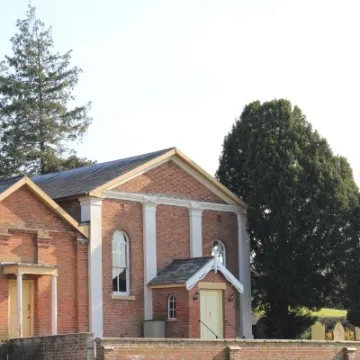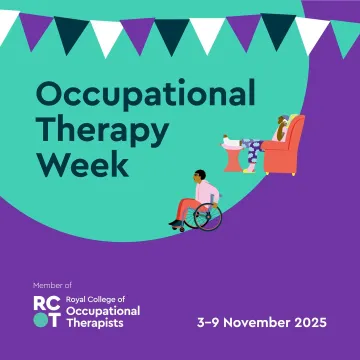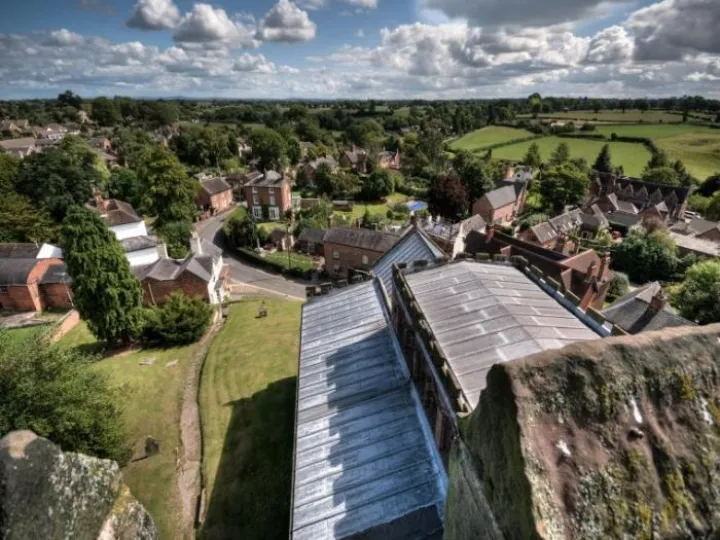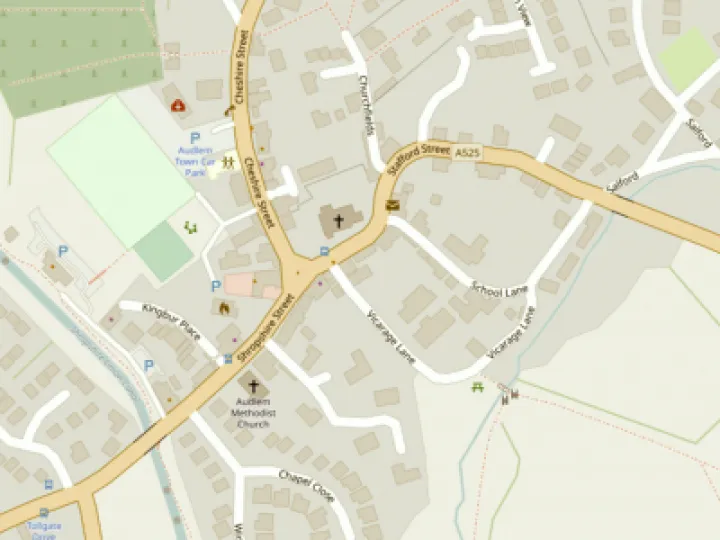







Charles de Gaulle was a French army officer and statesman who led the French Resistance against Nazi Germany in World War II and chaired the Provisional Government of the French Republic from 1944 to 1946 in order to re-establish democracy in France.
In 1958, he came out of retirement when appointed President of the Council of Ministers by President René Coty. He was asked to rewrite the Constitution of France and founded the Fifth Republic after approval by referendum. He was elected President of France later that year, a position he was reelected to in 1965 and held until his resignation in 1969. He was the dominant figure of France during the Cold War era, and his memory continues to influence French politics.
In the November 1958 elections, de Gaulle and his supporters won a comfortable majority. In December, de Gaulle was elected President by the electoral college with 78% of the vote, and inaugurated in January 1959.
De Gaulle oversaw tough economic measures to revitalise the country, including the issuing of a new franc (worth 100 old francs). Internationally, he rebuffed both the United States and the Soviet Union, pushing for an independent France with its own nuclear weapons, and strongly encouraged a "Free Europe", believing that a confederation of all European nations would restore the past glories of the great European empires.
He set about building Franco-German cooperation as the cornerstone of the European Economic Community (EEC), paying the first state visit to Germany by a French head of state since Napoleon. In January 1963, Germany and France signed a treaty of friendship, the Élysée Treaty. France also reduced its dollar reserves, trading them for gold from the US government, thereby reducing American economic influence abroad.
On 23rd November 1959, in a speech in Strasbourg, de Gaulle announced his vision for Europe:
Oui, c'est l'Europe, depuis l'Atlantique jusqu'à l'Oural, c'est toute l'Europe, qui décidera du destin du monde.
("Yes, it is Europe, from the Atlantic to the Urals, it is the whole of Europe, that will decide the destiny of the world.")
His expression, "Europe, from the Atlantic to the Urals", has often been cited throughout the history of European integration. It became, for the next ten years, a favourite political rallying cry of de Gaulle's. His vision stood in contrast to the Atlanticism of the United States and Britain, preferring instead a Europe that would act as a third pole between the United States and the Soviet Union. By including in his ideal of Europe all the territory up to the Urals, de Gaulle was implicitly offering détente to the Soviets.
As the last chief of government of the Fourth Republic, de Gaulle made sure that the Treaty of Rome creating the European Economic Community was fully implemented, and that the British project of Free Trade Area was rejected, to the extent that he was sometimes considered as a "Father of Europe".
This article is from our news archive. As a result pictures or videos originally associated with it may have been removed and some of the content may no longer be accurate or relevant.
Get In Touch
AudlemOnline is powered by our active community.
Please send us your news and views using the button below:
Email: editor@audlem.org





